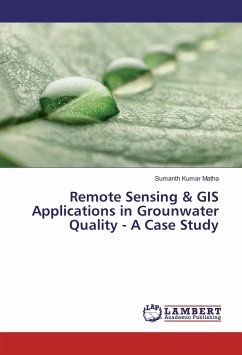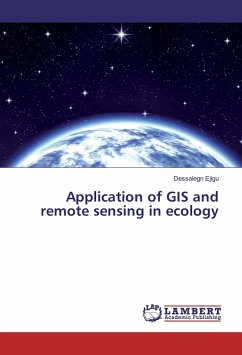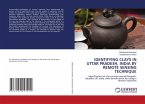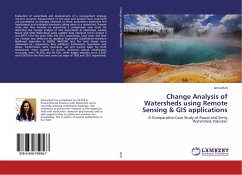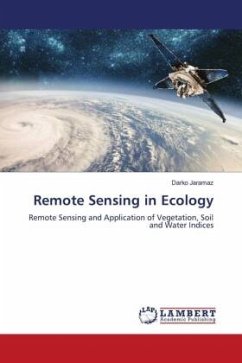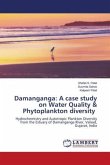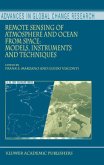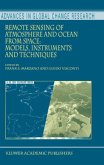Remote Sensing & GIS with their advantages of spatial, spectral and temporal availability and manipulation of data covering large and inaccessible areas within a short time have become very handy tools in accessing, monitoring and conserving groundwater resources, provide useful information regarding groundwater potential in the region. Stereoscopic examination of black and white aerial photographs has gained steadily an importance. Observable patterns, color and relief make it possible to distinguish differences in geology, soils, soil moisture, vegetation and land use. Photo geology can differentiate between groundwater recharge and discharge. Maps classifying an area into good, fair and poor groundwater yields can be prepared which can help to prepare groundwater quality maps. Aerial photographs can also reveal fracture patterns in rocks, which can be related to porosity, permeability and ultimately well yield. In this study an emphasis is given on the groundwater quality, groundwater contamination,variation of groundwater quality and its spatial distribution, impacts of land use/ land cover changes on Groundwater quality and effects of poor groundwater quality of a city, INDIA.
Bitte wählen Sie Ihr Anliegen aus.
Rechnungen
Retourenschein anfordern
Bestellstatus
Storno

